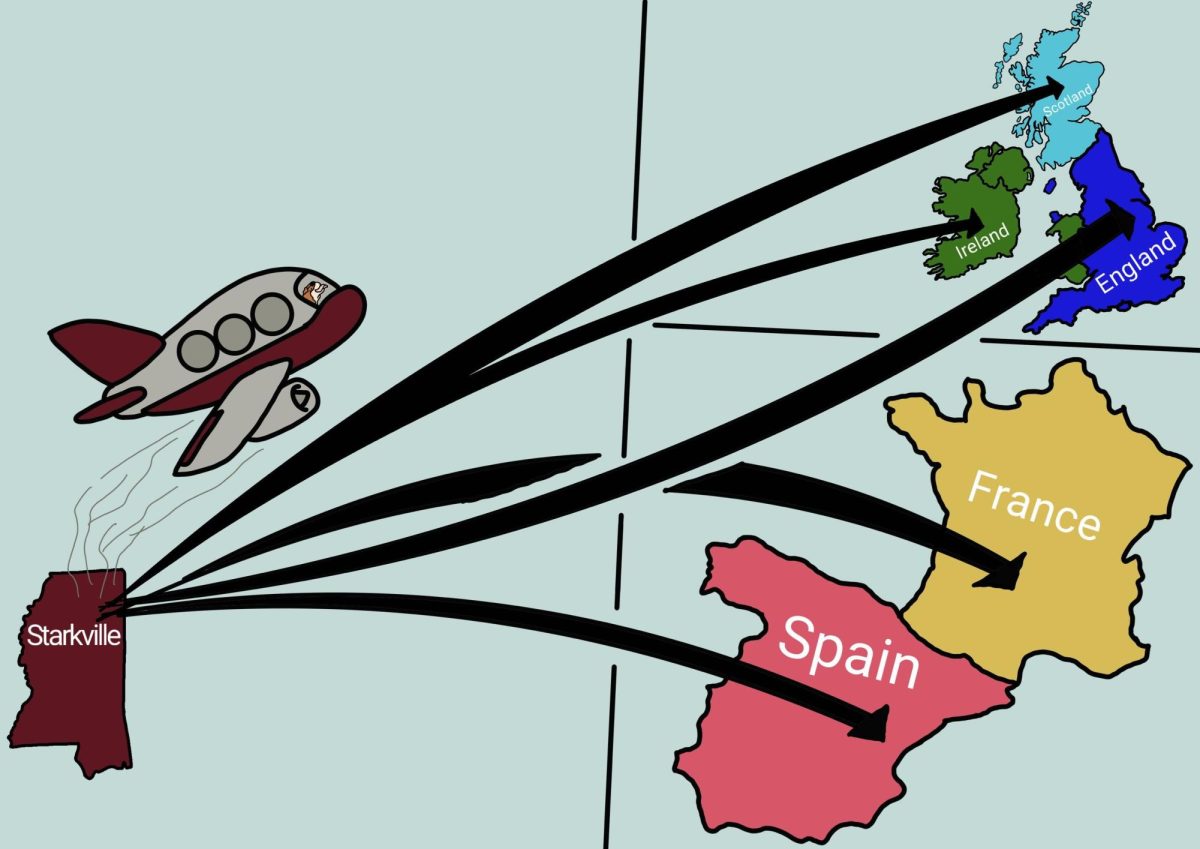Netflix’s original 10-part series “Making a Murderer” is centered around the life of Steven Avery, a man from Manitowoc County, Wisconsin.
Avery was sent to jail in 1985 and served 18 years in prison for a sexual assault crime he did not commit. Only two years after his long overdue exoneration, Avery was charged once more by the Manitowoc County Police, but this time, for murder.
“Making a Murderer,” was released on Netflix on Dec. 18. It was filmed over a 10-year period showing footage of the trial and investigations. The show has its own Twitter account, which has already gained more than 93,000 followers in the short time it has been streaming. Some viewers are in an uproar over the series – there is even a petition regarding the trial on www.change.org that has reached over 450,000 supporters.
Junior bio-chemistry major Natalie Harris said she and her boyfriend enjoy watching documentaries and Netflix suggested “Making a Murderer” to them. She said after watching the show, she was angry at the justice system and was shocked that situations like this actually happen.
“The series shows the side of ‘there’s no possible way that he’s guilty,’ but I’ve heard other people that have done research on the trial say that he absolutely did it,” Harris said. “Either way, it’s infuriating to see the way the justice system works throughout his case.”
The show raises questions about police tampering and about the authenticity of the charges against Avery. The producers of the documentary series have been accused of withholding evidence from the series to which Laura Ricciardi, one of the producers, responded at the Television Critics Association winter tour.
“Of course we left out evidence,” Ricciardi said, “There would have been no other way of doing it.”
Ricciardi said all documentaries have a side to their story and their main goal was to investigate whether or not the criminal justice system was “any better at delivering truth and justice” in 2005 during Avery’s second trial than it was during his first.
Emily Mills, sophomore communications major at MSU, said she watched the series as well. She said one of her major disappointments with the show was the role that Avery’s nephew, Brendan Dassey, played throughout the trial.
“I think it’s ridiculous that they brought him into it, he’s really just a kid,” Mills said. “Out of all the examples of injustices in the series, I really feel like that’s the frontrunner.”
The series has received a large amount of attention in the month that it has been out. It is currently streaming on Netflix and there have been talks of a second season. Although Avery’s trial was held over 10 years ago, his story is ongoing.




















































































